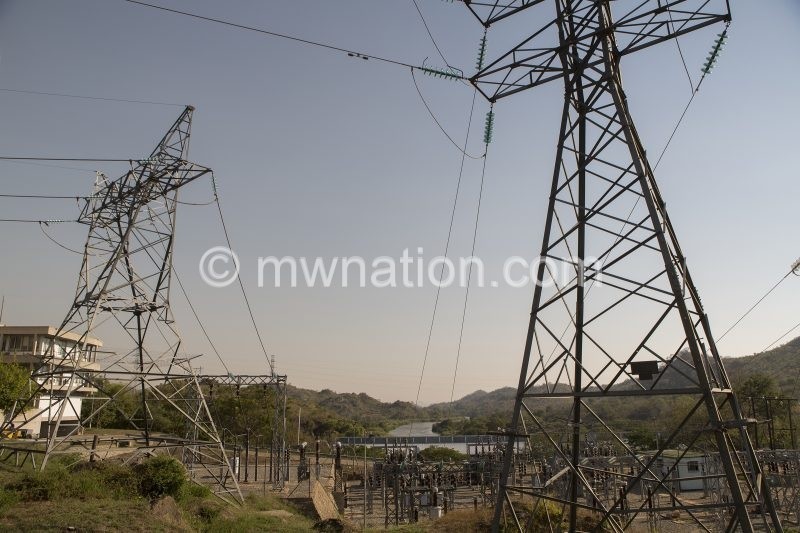
The African Development Bank (AfDB) has outlined plans to advance corporate strategies and the country’s most pressing development needs through its recently approved five-year Country Strategy Paper for Malawi.
In a published statement on the bank’s website on Tuesday, the bank said the paper will seek to improve Malawi’s low levels of industrialisation, infrastructure gaps in energy, lack of diversification, limited sources of export revenue and low financial intermediation.

“The strategic blueprint is articulated around two main strategic pillars focused on further development of the country’s energy, transport, agriculture and water sectors. The first pillar proposes investments in infrastructure development, while the second seeks to advance investments in economic transformation projects and programmes.
“Through these pillars, the bank will aim to strengthen the foundations for private sector development by unlocking private and public investment, promote diversification, build economic resilience to reduce poverty and address rising income inequalities across gender,” reads the statement in part.
The strategy blueprint is part of ongoing efforts to boost economic diversification, reduce dependency on rain-fed agriculture and build resilience for growth in the southern African nation.
The new five-year plan builds on the bank’s previous Malawi Country Strategy Paper 2013 to 2017 and will advance corporate strategies and the country’s most pressing development needs detailed in the Malawi Growth and Development Strategy (MGDS) III.
Government has identified, in the MGDS III, five key priority areas which can spur economic growth due to their impact and interconnectedness to other sectors of the economy. The five key priority areas were chosen on the basis of their alignment to the Sustainable Development Goals (SDGs), the goals of African Union Agenda 2063 and also by focusing on Malawi’s economic and development needs.
The priority areas include economic sectors of agriculture, infrastructure, education, energy and other allied sectors as well as health.
Government has also identified flagship projects from the key priority areas which will be targeted for implementation in the next five years to capitalise on the available resources during the implementation period.
Minister of Finance, Economic Planning and Development Goodall Gondwe earlier said while the national budget will be the main implementation tool for this strategy, development players’ participation in its implementation is key.
“It is my hope that all stakeholders will align their programmes and activities to this strategy so that together we can build a productive, competitive and resilient nation,” he said.
As of October 2018, the Bank’s active portfolio in Malawi covered 15 operations totalling slightly over $308 million (about K225 billion).
